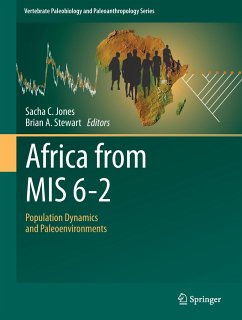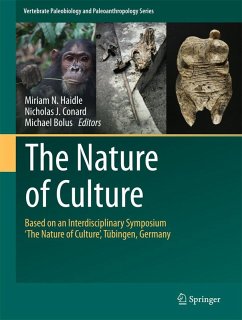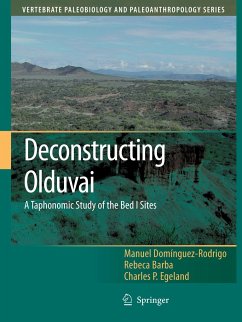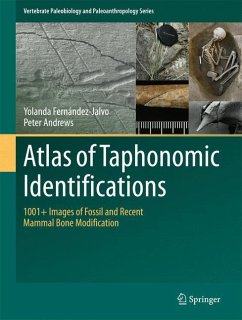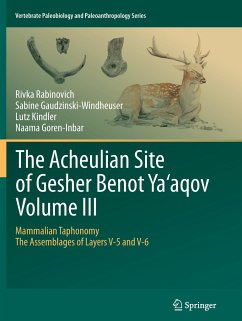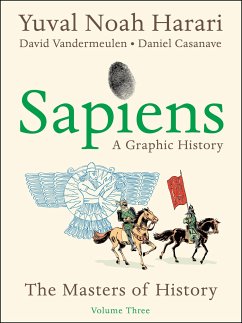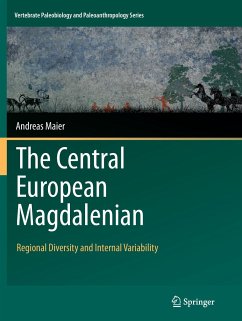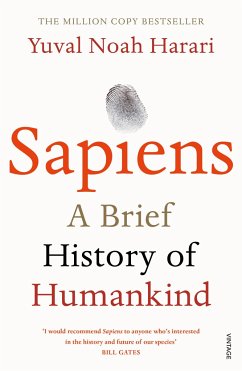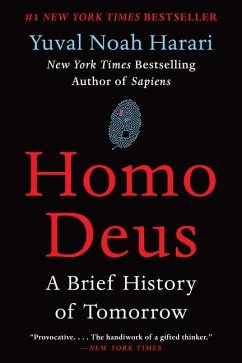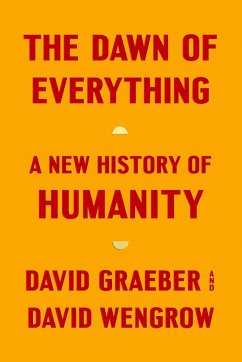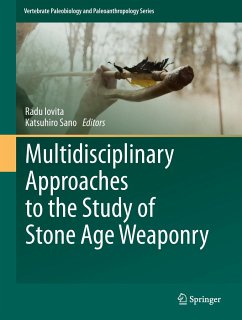
Multidisciplinary Approaches to the Study of Stone Age Weaponry

PAYBACK Punkte
39 °P sammeln!
The objective of this volume is to showcase the contemporary state of research on recognizing and evaluating the performance of stone age weapons from a variety of viewpoints, including investigating their cognitive and evolutionary significance.New archaeological finds and experimental studies have helped to bring this subject back to the forefront of human origins research. In the last few years, investigations have expanded beyond examining the tools themselves to include studies of damage caused by projectile weapons on animal and hominin bones and skeletal asymmetries in ancient hominin p...
The objective of this volume is to showcase the contemporary state of research on recognizing and evaluating the performance of stone age weapons from a variety of viewpoints, including investigating their cognitive and evolutionary significance.
New archaeological finds and experimental studies have helped to bring this subject back to the forefront of human origins research. In the last few years, investigations have expanded beyond examining the tools themselves to include studies of damage caused by projectile weapons on animal and hominin bones and skeletal asymmetries in ancient hominin populations. Only recently has there been a growing interest in controlled and replicative experiments. Through this book readers will be updated in the state of knowledge through a multidisciplinary scientific reconstruction of prehistoric weapon use and its implications.
Contributions from expert authors are organized into three themed parts: recognizing weapon use(experimental and archaeological studies of impact traces), performance of weapon systems (factors influencing penetration depth etc.), and behavioral and evolutionary ramifications (cognitive and ecological effects of using different weapons).
New archaeological finds and experimental studies have helped to bring this subject back to the forefront of human origins research. In the last few years, investigations have expanded beyond examining the tools themselves to include studies of damage caused by projectile weapons on animal and hominin bones and skeletal asymmetries in ancient hominin populations. Only recently has there been a growing interest in controlled and replicative experiments. Through this book readers will be updated in the state of knowledge through a multidisciplinary scientific reconstruction of prehistoric weapon use and its implications.
Contributions from expert authors are organized into three themed parts: recognizing weapon use(experimental and archaeological studies of impact traces), performance of weapon systems (factors influencing penetration depth etc.), and behavioral and evolutionary ramifications (cognitive and ecological effects of using different weapons).



